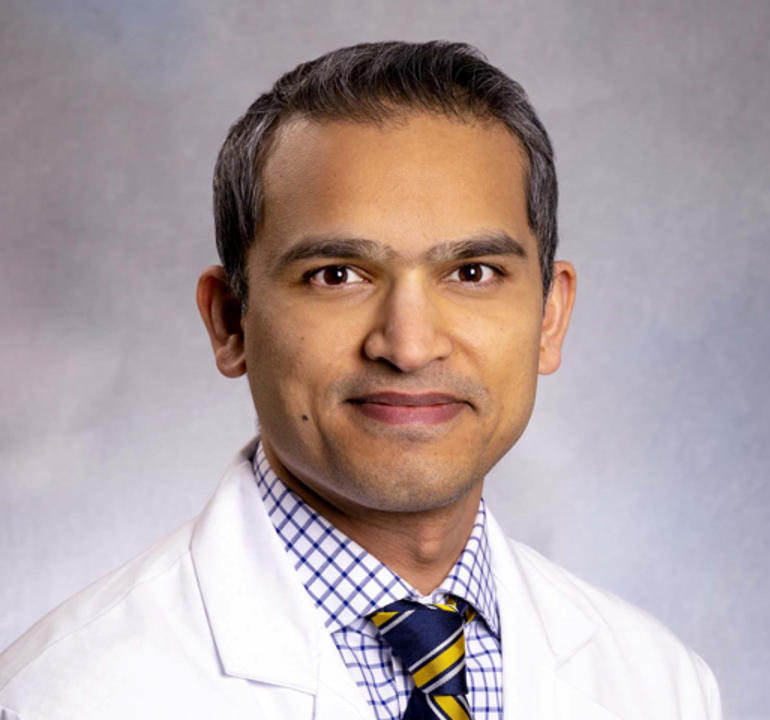
Associate Surgeon, Division of Trauma, Burns, Surgical Critical Care, and Emergency Surgery
Brigham and Women’s Hospital
Fellowship Director, Harvard Medical School Program in Global Surgery and Social Change
Linda S. Barnes DrPHc, MHA, RAC
Public Health Researcher and Qualitative Research Lead, NIH BLOODSAFE Research Consortium (PITS-Kenya)
Civilian walking blood banks for hemorrhagic shock when stored blood is unavailable
Millions die of hemorrhage from trauma and other causes (obstetrics, cancers, pediatric anemias) each year in settings without sufficient access to blood. There is a 114-million-unit deficit of blood in low-and-middle income countries each year; every single country in sub-Saharan Africa and South Asia has a deficit. But worse than scarcity, hundreds of millions in rural settings across the world live without access to any blood. The United States military has leveraged recent advances in the use of whole blood for trauma and in blood testing technology to design a process of emergent blood transfusion in austere settings without a blood bank. This innovative strategy is known as a “Walking Blood Bank” (WBB), and its application to the civilian sector could save millions of lives each year, especially in chronically blood-deficient settings in low-and-middle income countries. However, very little is known about WBBs outside of the military context. With the help of the Stepping Strong Center, Raykar’s team seeks to close these knowledge gaps and explore feasibility, design, and safety of a civilian WBB in rural Kenya, a low-resource civilian environment with very little banked blood. If successful, the findings from this research could inform a pilot study trialing a civilian WBB in a low-resource environment and provide hope to the hundreds of millions who live in the world’s most blood deficient regions.
Nakul P. Raykar, MD, MPH, is a trauma surgeon with a focus on the intersection of global health, public health, and surgery. He is currently the fellowship director of the Harvard Medical School Program in Global Surgery and Social Change and affiliate faculty at the Center of Surgery and Public Health at Brigham and Women’s Hospital. While he was completing his general surgery training at Boston’s Beth Israel Deaconess Medical Center, he obtained his Master’s in Public Health at the Harvard School of Public Health and completed a Paul Farmer Global Surgery Research Fellowship at the Harvard Program in Global Surgery and Social Change. During this time, he also served as one of the core writers and Implementation Commissioner for The Lancet Commission on Global Surgery. He then completed a trauma, acute care, and global health surgery fellowship at the University of Pittsburgh before joining the Division of Trauma, Emergency Surgery, and Surgical Critical Care at Brigham and Women’s Hospital in 2020. His research interests are focused on novel strategies for blood transfusion, hemorrhage control techniques, and trauma systems in low-resource settings.
